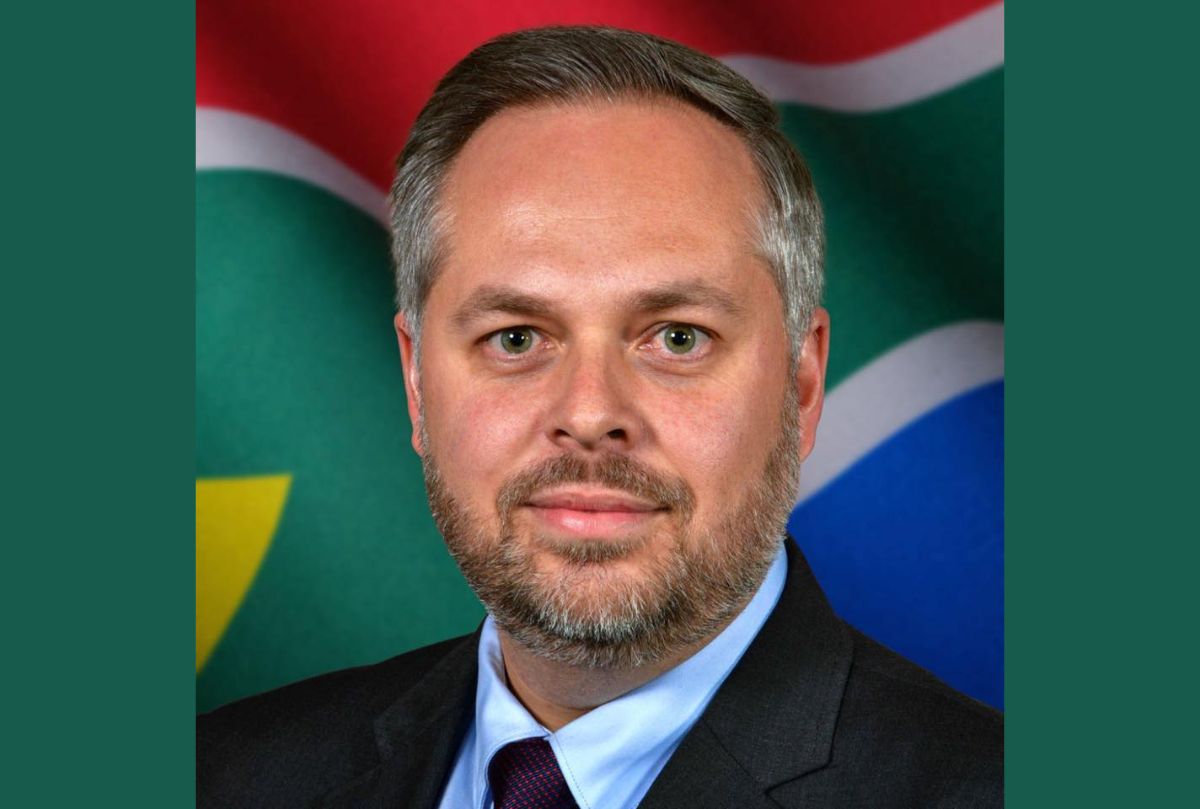South Africa’s Identity Verification System Gets Major Upgrade, Slashing Errors and Delays
South Africa’s Home Affairs upgrades digital verification system, reducing errors and delays, ensuring secure identity checks for public services and businesses.

The Department of Home Affairs has announced the rollout of a comprehensive upgrade to the digital verification system that sits at the heart of national security as well as both public and private sector services in South Africa. It is this verification system that enables government departments ranging from National Treasury to the South African Social Security Agency (SASSA), as well as businesses in the financial sector, to verify the identities of clients using biometric features like fingerprints and facial recognition against the National Population Register.
In recent years, the system has however been plagued by inefficiencies, with users reporting a failure rate of up to 50% on these verification “hits” against the National Population Register. It also routinely took up to 24 hours for the system to respond, and when responses did arrive, they were often so littered with errors that they required a cumbersome process of manual verification.
Thanks to the diligent and focused work on this problem by the Department over the past few months, these errors are now set to become a thing of the past. Testing has confirmed that the upgraded system is not only capable of dramatically faster performance, but that it now delivers an error rate of well below 1%. The Department is ready to roll out access to the upgraded verification service to all our valued clients across the public and private sectors.
As part of ensuring the ongoing maintenance of this vastly improved system and after obtaining concurrence from the Minister of Finance, the Minister of Home Affairs, Dr Leon Schreiber, has also gazetted a new set of fees associated with the use of this verification service. In order to better fund the maintenance of the National Population Register that sits at the heart of our national security and economy, fees for the use of the Home Affairs digital verification service by private sector companies will increase for the first time in over a decade with effect from 1 April 2025.
However, public sector users of the service, including numerous government departments and agencies, will be unaffected by the increase as government users remain exempted from fees. This approach enables the Department to balance the need to invest in the National Population Register while not negatively affecting public finances.
The rollout of a reliable, efficient and secure verification service supports both the public and private sectors to improve service delivery. This marks the most significant upgrade to the Home Affairs verification service since it was launched, and will dramatically reduce waiting times whenever a client needs to verify their identity with the Department to obtain a social grant or open a bank account. The upgrade is also of immense importance to supporting private sector economic growth. When this vital Home Affairs system is down, slow, or littered with errors, it negatively impacts upon the ability of banks, insurance companies and other financial service providers to verify clients and conduct business.
This investment in our population register is not only overdue, but also important for delivering on the vision for digital ID, as outlined by President Cyril Ramaphosa during the State of the Nation Address, as a secure and efficient population register forms the cornerstone of digital ID. The launch of the reformed verification system is further proof of the progress that Home Affairs is making on our journey of digital transformation to deliver dignity for all.
– Dr Leon Schreiber, Minister of Home Affairs, South Africa






